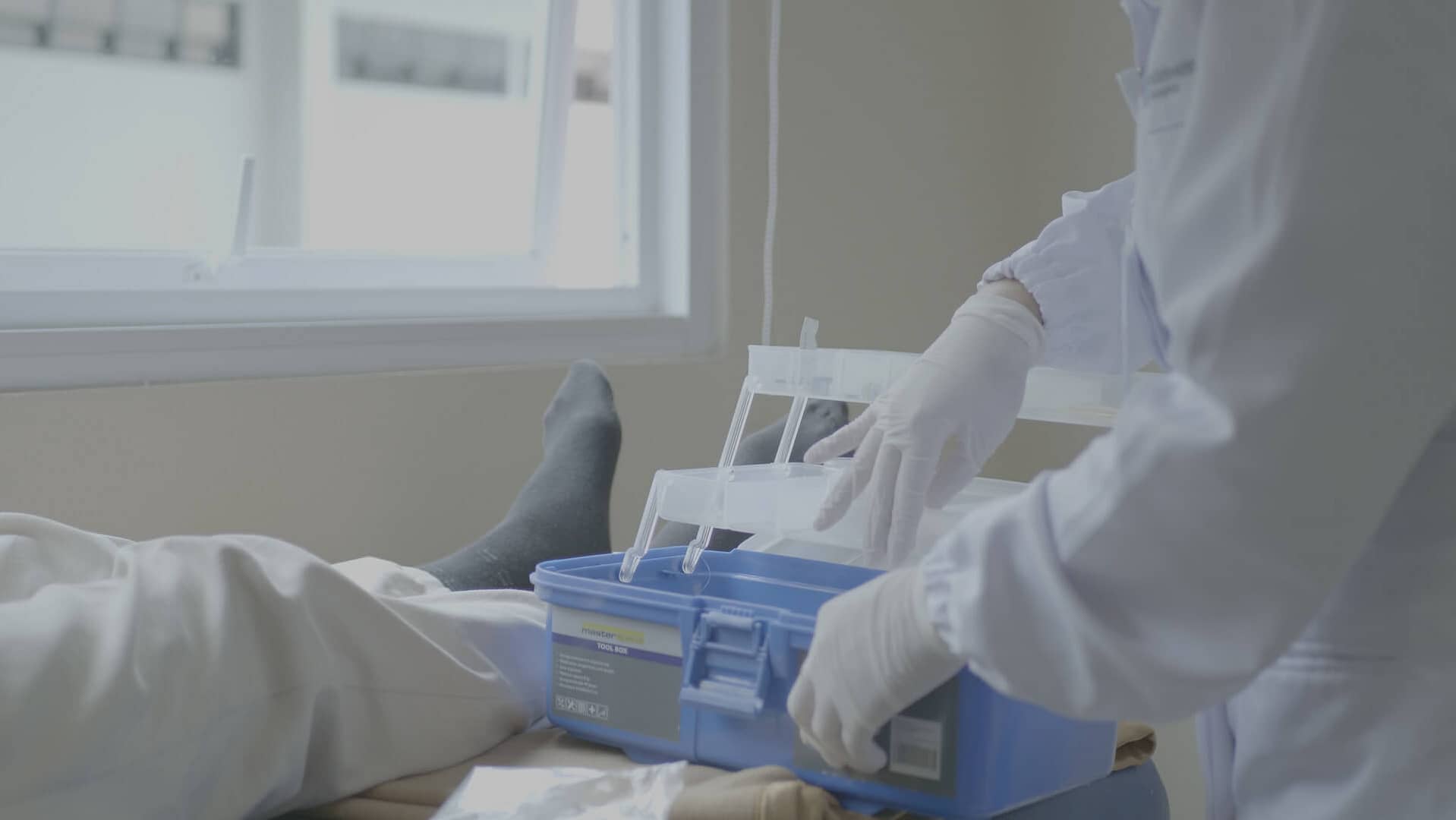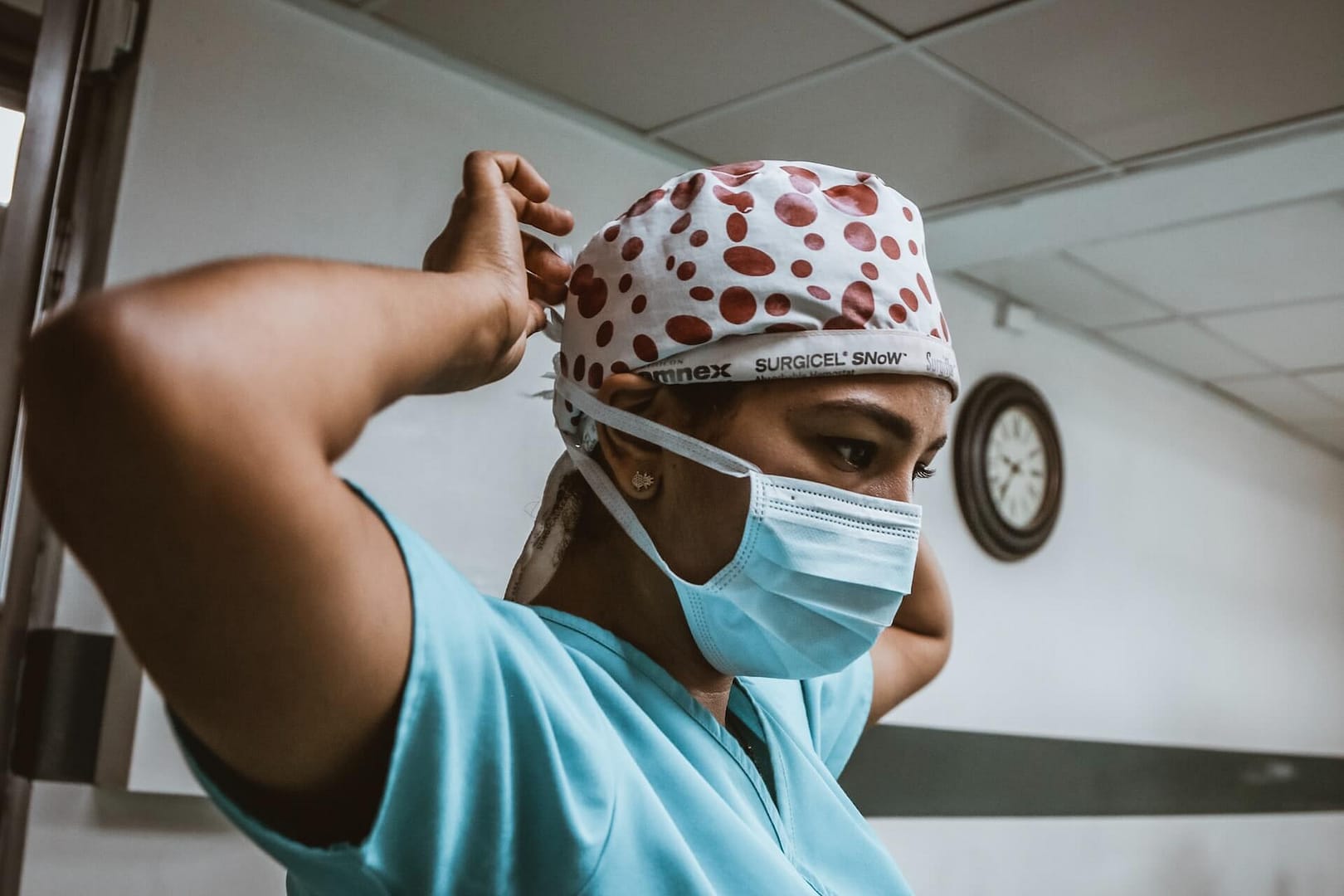In the realm of healthcare, physicians are revered for their expertise and commitment to healing. However, like any other profession, the medical field is not immune to errors, and when these errors occur due to negligence, it becomes a matter of serious concern. Let’s embark on a journey to explore the intricate relationship between physician training and clinical negligence, shedding light on what constitutes negligence and how it impacts patient care.
The Foundation of Physician Training
Physicians undergo extensive training to equip themselves with the knowledge and skills necessary to diagnose and treat various medical conditions. This training typically involves years of education, practical experience, and mentorship under seasoned healthcare professionals. The goal is to produce competent and compassionate doctors who prioritise patient well-being above all.
The Rigorous Educational Path
Physician training starts with a rigorous educational path. Aspiring doctors dedicate years to academic studies, delving into the intricacies of anatomy, physiology, pharmacology, and more. This academic foundation is crucial, laying the groundwork for the clinical skills that follow.
Clinical Apprenticeship: Learning by Doing
However, medical education isn’t confined to textbooks and lectures. Clinical apprenticeship is an integral part of physician training. Under the guidance of experienced mentors, aspiring doctors learn to apply their theoretical knowledge to real-life situations. This hands-on experience is invaluable, shaping their ability to make critical decisions in the high-stakes environment of a healthcare setting.
The Crucial Role of Continued Medical Education
Physician training doesn’t end with a medical degree. The field of medicine is dynamic, with new treatments, technologies, and research emerging regularly. As such, continued medical education (CME) is imperative to keep physicians abreast of the latest developments in their respective fields.
Staying Informed in a Rapidly Evolving Field
Physicians attend workshops, conferences, and engage in self-directed learning to stay informed. This commitment to ongoing education reflects a dedication to providing the best possible care to patients. However, the evolving nature of medicine also poses challenges, as physicians must navigate a constant influx of information to ensure their practices remain evidence-based and up-to-date.
The Thin Line Between Negligence and Genuine Errors
Despite the comprehensive training physicians receive, clinical negligence can still occur. It’s essential to distinguish between genuine errors, which are inevitable in any complex field, and negligence, which involves a failure to meet the standard of care expected from a reasonably competent practitioner.
Defining Physician Negligence
Physician negligence occurs when a healthcare professional deviates from the standard of care expected in their field, resulting in harm to the patient. This deviation can manifest in various ways, such as misdiagnosis, medication errors, surgical mistakes, or inadequate communication with patients.
The Standard of Care: A Benchmark for Professionalism
The standard of care serves as a benchmark against which a physician’s actions are evaluated. It represents what a reasonable and prudent healthcare professional would do in similar circumstances. When a physician falls short of this standard, it raises concerns about the quality of care provided.
Impact on Patient Care and Trust
Clinical negligence doesn’t just affect the individual patient; it has broader implications for the healthcare system as a whole. When patients experience harm due to negligence, it erodes trust in the medical profession and can have lasting consequences on their well-being.
The Emotional Toll on Patients
Patients who fall victim to clinical negligence often endure not only physical harm but also emotional distress. The trust they placed in their healthcare provider is shattered, and they may grapple with feelings of betrayal and frustration. Rebuilding this trust becomes a challenging process that requires transparency, accountability, and improvements in the healthcare system.
The Ripple Effect on Healthcare Professionals
Clinical negligence cases also impact healthcare professionals directly involved. Beyond the potential legal ramifications, these cases can have a profound psychological effect on physicians, nurses, and other healthcare staff. The fear of litigation and the emotional toll of knowing that a mistake has harmed a patient weigh heavily on those dedicated to healing.
Bridging the Gap: Improving Physician Training and Patient Safety
Addressing clinical negligence requires a multifaceted approach that includes enhancing physician training, promoting a culture of safety, and fostering open communication between healthcare providers and patients.
Emphasising Communication Skills
Physician training should not only focus on medical knowledge and technical skills but also emphasise effective communication. Clear and empathetic communication is crucial in building trust with patients, ensuring informed consent, and preventing misunderstandings that can lead to errors.
Integrating Technology for Patient Safety
In an era of technological advancements, integrating innovative solutions into physician training can enhance patient safety. Simulation technologies, virtual reality, and artificial intelligence can provide realistic scenarios for training, allowing physicians to practise critical decision-making in a controlled environment.
Promoting a Culture of Continuous Improvement
Physicians and healthcare institutions must embrace a culture of continuous improvement. This involves learning from errors, implementing changes to prevent their recurrence, and fostering an environment where healthcare professionals feel supported in reporting mistakes without fear of reprisal.
Making a Clinical Negligence Claim with National Claims
If you find yourself or a loved one a victim of clinical negligence, seeking justice and compensation is essential. At National Claims, we understand the complexities of medical malpractice claims and are here to guide you through the claims process.
Understanding Your Rights
Our team of legal experts specialises in clinical negligence cases and is committed to ensuring that your rights are protected. We provide clear and concise information about the legal options available to you, empowering you to make informed decisions regarding your case.
Compassionate Support Throughout the Process
Filing a clinical negligence claim can be emotionally challenging. At National Claims, we offer compassionate support throughout the entire process. Our team is dedicated to understanding the unique aspects of your case and providing personalised guidance tailored to your specific situation.
Expert Legal Representation
With our experienced legal team by your side, you can trust that your case will be handled with the utmost professionalism. We leverage our expertise in medical malpractice law to build a strong and compelling case on your behalf, seeking the compensation you deserve for the harm you’ve endured.

Conclusion
Physician training and clinical negligence are intertwined elements in the complex landscape of healthcare. While training equips physicians with the knowledge and skills to excel in their roles, the risk of negligence underscores the need for ongoing education, open communication, and a commitment to patient safety. By addressing these factors, the medical community can strive towards a future where clinical negligence is minimised, trust is restored, and patients receive the high-quality care they deserve.
If you believe you have been a victim of clinical negligence, National Claims is here to help you navigate the legal process and seek the justice and compensation you deserve. Remember, your well-being matters, and holding healthcare professionals accountable for negligence is a crucial step toward ensuring the safety and trust of patients in the medical system.
Find out more about how to start a claim by contacting us and speak to one of our claims specialists today.
Click below to see why we are one of the most trusted claims management companies in the UK.

We’re proud of our excellent customer reviews
We thrive on delivering exceptional service and ensuring our clients’ satisfaction. Don’t just take our word for it. Check out some of our independent reviews to see what our clients have to say.
Excellent

This firm is excellent, they sorted out my car pay out and injury claim very fast, they always communicate with you all the time.

My accident case was dealt with confidence and with great result of the outcome, especially James kept me informed all the time.

I was very impressed at the way my inquiry was treated. I was listened to attentively and everything I needed to know was explained to me.






